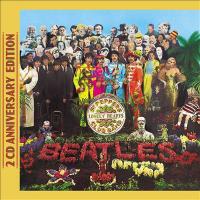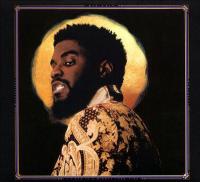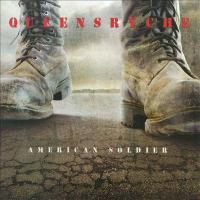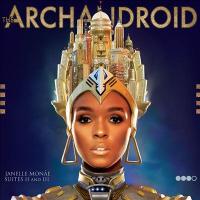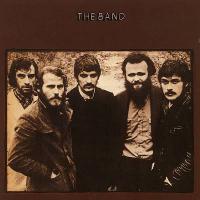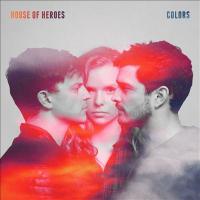What is a “concept album?”
A concept album is a collection of songs written by a musician or group that is based around a central theme or concept. These themes can be compositional, lyrical, instrumental, or narrative. The term can be subjective though; the widest definition would encompass all soundtracks, tribute albums, Christmas albums, etc., but in general, the term is applied to rock and popular music albums made from the 1940s onward that contain a centralizing theme. This is different from non-concept albums, which contain stand-alone, unrelated tracks.
Some of the most famous concept albums came out of the 60s and 70s, including Pink Floyd’s The Wall (1979), The Beatles’ Sgt. Pepper's Lonely Hearts Club Band (1967), and the Who's Tommy (1969).
Surprisingly, digital music formats haven’t killed the concept album. One might think, why buy an entire album, when I can just purchase the songs I like? But as evidenced by numerous 21st century examples, the idea of writing an album’s worth of material based on a central idea is inspiring for many music artists.
Although separate tracks can be listened to independently, taken as a whole they provide a complete narrative in which different songs relate to each other and to the overall themes of the album. Concept albums are more like novels or movies in this way. Completing a film or novel gives you the whole experience of that work. Listening to three random tracks off a concept album is similar to watching three out of context scenes from a movie or reading a few random chapters of a novel. They might be interesting, they might stand on their own, but they give an incomplete representation of the entire work.
So check out a concept album from your local library, sit down and take in the whole experience. Does the album art tie-in with the lyrics? Are there repeated instrumental themes?
What do you think the artist was trying to express? Were they successful? How would rearranging the songs affect the album? If you knew one song before hearing the rest of the album, does the song have new meaning after listening to the whole thing?
If this sounds interesting to you, check out this list of DPL-owned concept albums. And if you find yourself at the Central library, take a look at the display in the Movies & Music room. It’s up all February. Happy listening!
Guest blog contributed by Andrew Wickins

